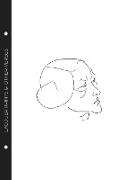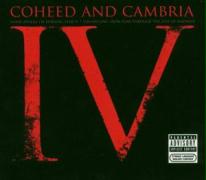- Start
- Amy Lowell - Lacquer Prints & Other Verses
Amy Lowell - Lacquer Prints & Other Verses
Angebote / Angebote:
Amy Lowell - Lacquer Prints & Other Verses
Public Domain Poets #12 | Publicdomainpoets.com
Containing all of Lowell's hokku and tanka, alongside selected verses from 1910-1927. New edition designed and edited by Dick Whyte.
Our meeting was like
the upward swish of a rocket
In the blue night
I do not know when it burst:
But now I stand gaping
In a glory of falling stars.
Lowell was born into a wealthy family, in Massachusetts. Due to the limitations around higher education for women, she began educating herself at the age of 17 using the Lowell family library. She started publishing poetry when she was in her 30s, and not long after her first book she came across the work of H.D., a member of the Imagist movement, which also included Ezra Pound and Richard Aldington (et al.). Lowell immediately declared herself an "Imagiste!", began writing 'free verse', and headed to London to meet the group, with her partner Ada Russell.
You glow in my heart
Like the flames of uncounted candles.
But when I go to warm my hands,
My clumsiness overturns the light,
And then I stumble
Against table and chairs.
Not long after Pound published the first Imagist anthology, but due to disagreements the group fractured, with Lowell leading the remaining members, which now included H.D., Aldington, F.S. Flint, John Fletcher Gould, and D.H. Lawrence. It was also around this time that Lowell became interested in Japanese poetics, and started writing more compressed verse in general, as well as original English-language haiku (and the occasional tanka).
As a river-wind
Hurling clouds at a bright moon,
So am I to you.
Over her lifetime Lowell would go on to facilitate the publication of 3 influential Imagist anthologies, write numerous essays on 'new poetry', and publish over 650 poems, appearing in every major poetry journal of the time.
Because the moonlight deceives
Therefore I love it.
Public Domain Press is dedicated to producing new editions of out-of-print poetry, particularly with regard to compressed & fragmented 'free verse' from the late-1800s & early-1900s. All poems start as facsimiles - to preserve original fonts - which are cleaned up, edited, and spaciously laid-out, adorned with illustrations, and ornaments from the books and magazines they originally appeared in. These are not "reprints" of previously existing books, but newly crafted collections, lovingly edited from public domain material, for the serious poetry lover.
Folgt in ca. 10 Arbeitstagen




